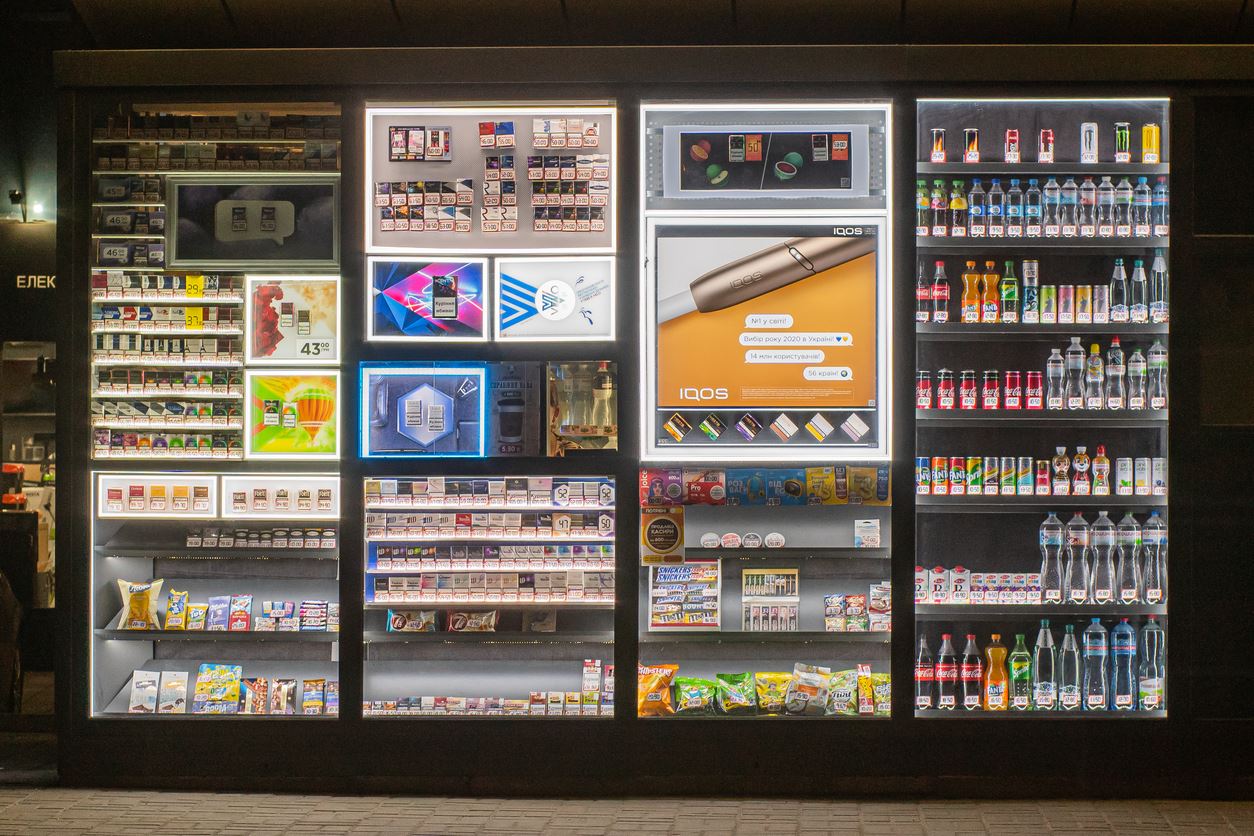Recordkeeping Compliance Issues and Penalties That California Tobacco Retailers Need to Know
Businesses selling tobacco in California directly to consumers need a retailer license and must comply with associated rules for maintaining that license. Part of those rules includes keeping records of your tobacco purchases from distributors, wholesalers, and other suppliers.
We know that recordkeeping rules sound dry and maybe even trivial, but the CDTFA holds tobacco retailers to a high standard in this area and will impose heavy penalties for violations that could risk your business’s ability to sell tobacco products in the future. More so, recent cases show that California’s Office of Tax Appeals (OTA) will uphold these penalties even in cases where the licensee made a good faith effort to provide evidence of their purchases to the inspector and comply with the law. We have the details of those cases below, along with the information you need to maintain compliance with the CDTFA in the future and avoid harsh penalties.
What Are the Recordkeeping Requirements for Tobacco Retailers in California?
The California Business & Professional Code (B&PC) requires tobacco retailers to retain the purchase invoices of their tobacco and cigarette inventory for a period of four years from the date of purchase. See B&PC Section 22974. Additionally, you must keep records of purchases on-premise and available for inspection for at least one year from the date of purchase. This rule applies to anyone who sells tobacco products at retail to consumers, which includes businesses like gas stations, bars, smoke shops, convenience stores, and others.
What Are the CDTFA Penalties for Retailers Who Don’t Keep Records of Their Tobacco Purchases?
The California Department of Tax and Fee Administration (CDTFA) is the agency responsible for enforcing the laws related to the sales of tobacco products, including licensing and recordkeeping requirements. Agents of the CDTFA have broad authority to inspect the premises where tobacco products are stored or sold to verify compliance with the laws. Inspections can take place any time during normal business hours so long as they are performed in a reasonable manner and during reasonable times, given the circumstances. When CDTFA inspectors find violations, such as a failure to retain invoices, they may issue a citation imposing one or more of the following penalties:
- Fines up to $5,000 per violation.
- Criminal misdemeanor charges that could result in jail time of up to one year.
- Seizure of tobacco product inventory that is unstamped or that you cannot provide proof of tobacco tax being paid.
- Suspension of your tobacco retail license after a first offense for up to 30 days at the CDTFA’s discretion.
- Revocation of your tobacco license for a second violation that occurs within four years from the first offense.
Recent California Office of Tax Appeals Show the Need for Tobacco Retailers to Obey Recordkeeping Laws
In the Matter of the Appeal of Shop N Go Mini Mart
The OTA upheld a $1,000 fine and 5-day suspension of the taxpayer’s tobacco retailer license for a second offense of failing to keep 12 months of purchase invoices at the business location. The CDTFA inspected the taxpayer’s premises and determined records were not available to support the taxpayer’s tobacco inventory from the last year. The taxpayer was able to avoid a seizure of its tobacco product, however, by delivering proofs of purchase downloaded from the supplier’s website the following day. Unfortunately, the taxpayer’s ability to provide records of its invoices after the inspection was not enough to avoid citation and penalty.
In the Matter of the Appeal of The Hookup
The OTA upheld a $1,000 fine against the taxpayer’s license for failing to keep 12 months of purchase invoices available on premises upon request from the CDTFA. The taxpayer operated a cigarette vending machine located outside of its bar and kept its required documents locked inside the machine. During the CDTFA’s inspection, the employee on the premises was unable to provide the CDTFA agent with the records because they did not have access and the owner was out of town. The OTA ruled the taxpayer still violated B&PC 22974 despite the records being on-site because they were not available to the CDTFA agent at the time of inspection.
Key Takeaways on Recordkeeping for California Tobacco Retailers
The recent OTA decisions highlight two important aspects of your duty as a tobacco retailer to retain copies of your purchase invoices for the purpose of a CDTFA inspection. (1) You need to keep the records on-site for at least one year after purchase, and (2) you need to ensure the records are accessible to the CDTFA agent for review at the time of the inspection. Noncompliance could lead to citations for violation of the B&PC that include potential fines, imprisonment, seizure of tobacco products, and suspension or termination of your tobacco retailer license.
If a recent CDTFA citation or assessment related to tobacco sales places your business at risk, consider a consultation with our tobacco tax professionals. We provide guidance for retailers who wish to protest unfavorable CDTFA decisions and offer support in other areas of compliance with California’s tobacco laws. Even if the fine or punishment seems minimal, challenging the citation may be worthwhile to attempt removal of the violation from your tobacco license record, as subsequent violations could lead to greater penalties that jeopardize your ability to sell tobacco in California period.






